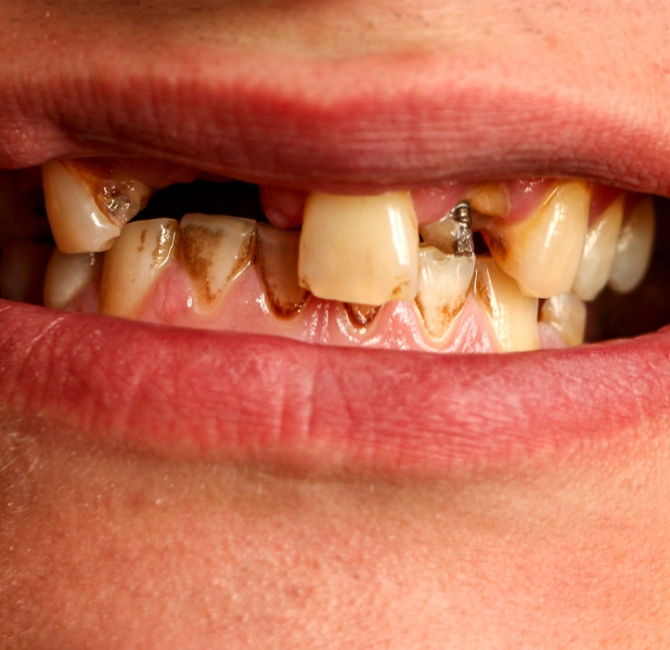Periodontitis and dental caries are common chronic oral infectious diseases characterized by chronic inflammation, and their progressions are influenced by multiple factors. Periodontitis is associated with an increased risk for several chronic systemic diseases, such as diabetes, inflammatory bowel disease, cancer, and cardiovascular diseases. Caries can lead to the formation of apical periodontitis, also capable of promoting and affecting the course of various systemic diseases
A population-based cohort study investigated chronic oral diseases as potential risk factors for systemic chronic diseases, diabetes mellitus, connective tissue diseases, seropositive rheumatoid arthritis, ulcerative colitis, Crohn’s disease, and severe mental disorders.
The study cohort comprised 68,273 people aged ≥ 29 years with at least one dental visit to the Helsinki City Health Services between 2001 and 2002. The cohort was linked to the data on death (Statistics Finland), cancer (Finnish Cancer Registry), and drug reimbursement (Finnish Social Insurance Institution) and followed until death or the end of 2013.
The results of the study show periodontitis and apical periodontitis are associated with common metabolic diseases, such as metabolic syndrome, type 1 and 2 diabetes, and gestational diabetes. No similar association with other common chronic diseases, such as connective tissue diseases, rheumatoid arthritis, inflammatory intestinal diseases, or serious mental disorders, was observed in the study.
Based on the findings, a two-way effect exists between diabetes and other metabolic diseases and periodontitis. Diabetes accelerates the progression of periodontitis and complicates its diagnosis and treatment, especially if diabetes has not been diagnosed or the disease is poorly controlled. Correspondingly, periodontitis makes diabetes chronic and hinders its diagnosis, control, and maintenance therapy. The mutual effect of these diseases also results in increased costs, significant both in terms of public health and the economy.
Additionally, successful treatment of periodontitis has a positive effect on the treatment outcomes for diabetes and reduces the cost of care. Similarly, successful treatment of diabetes slows down the progression of periodontitis while reducing medical costs.



